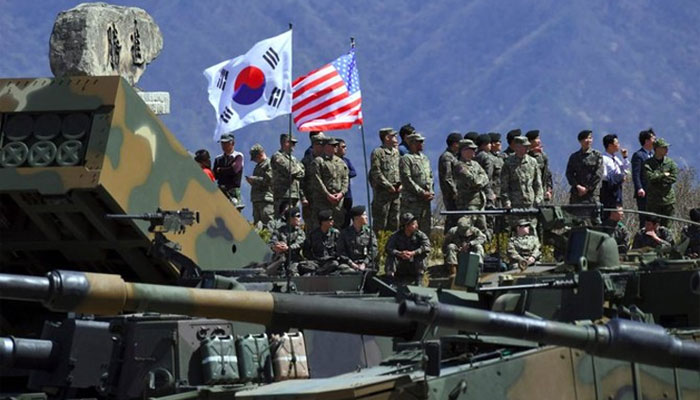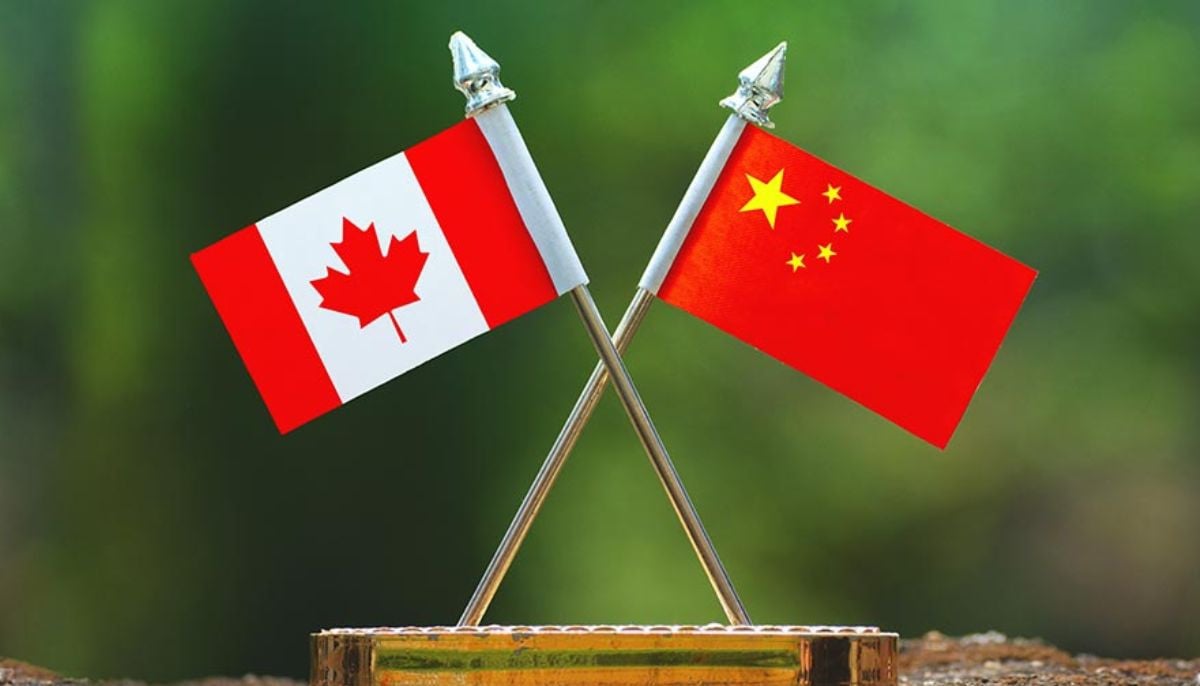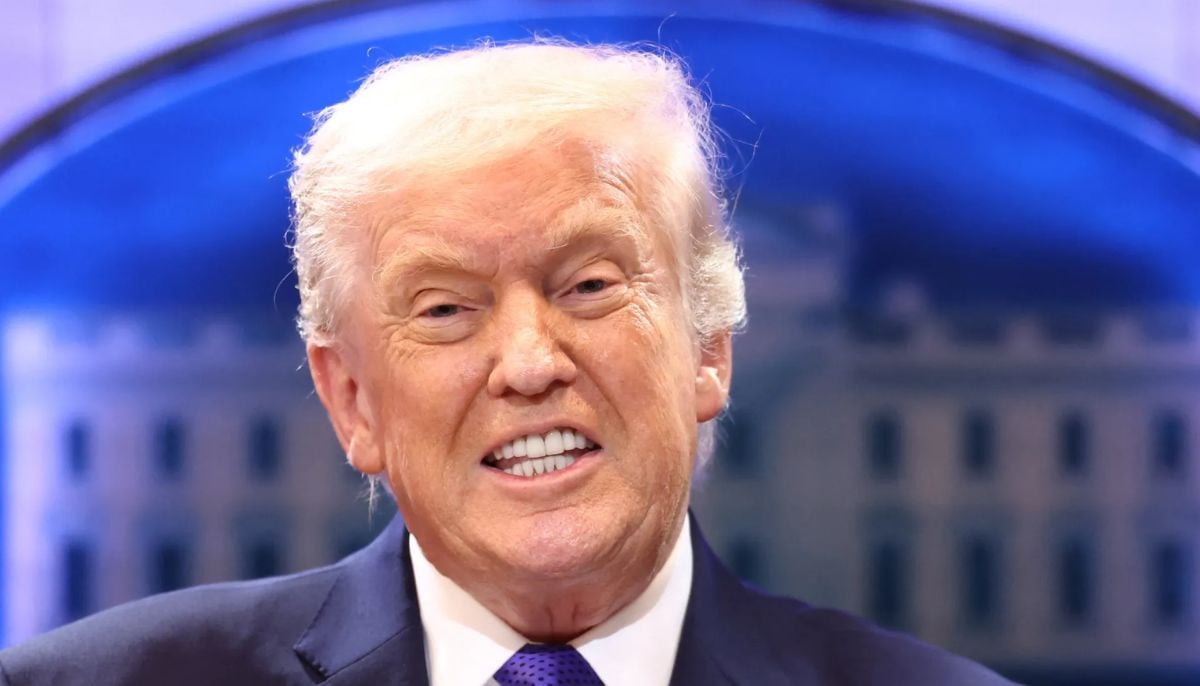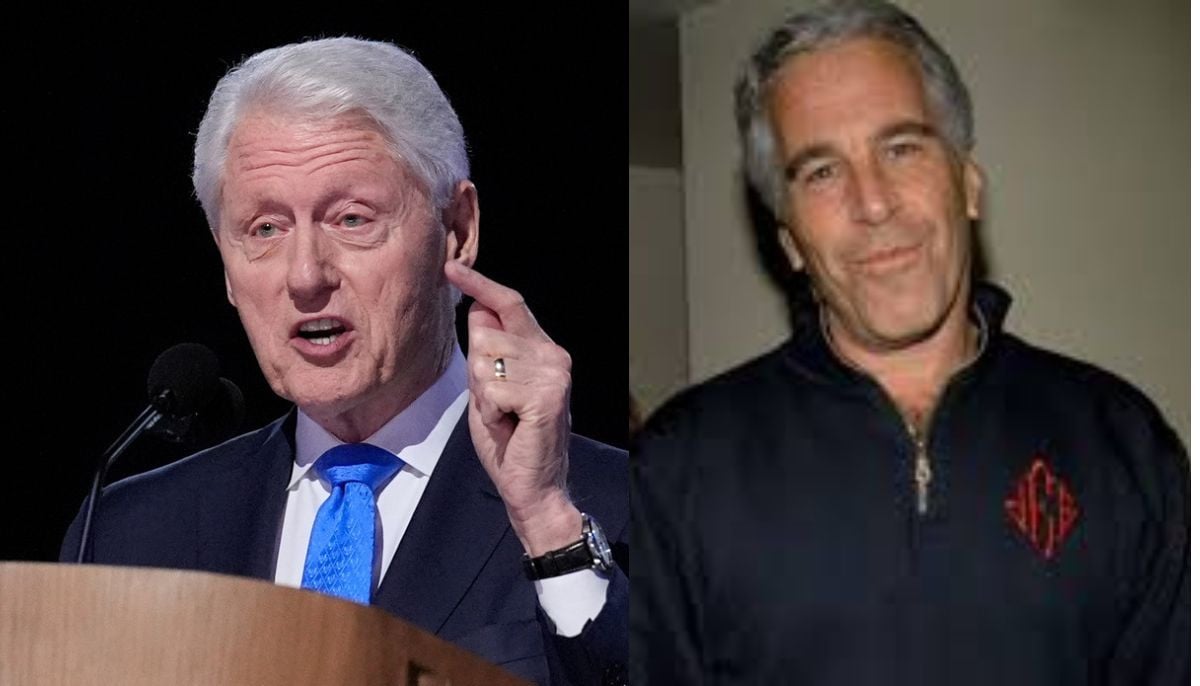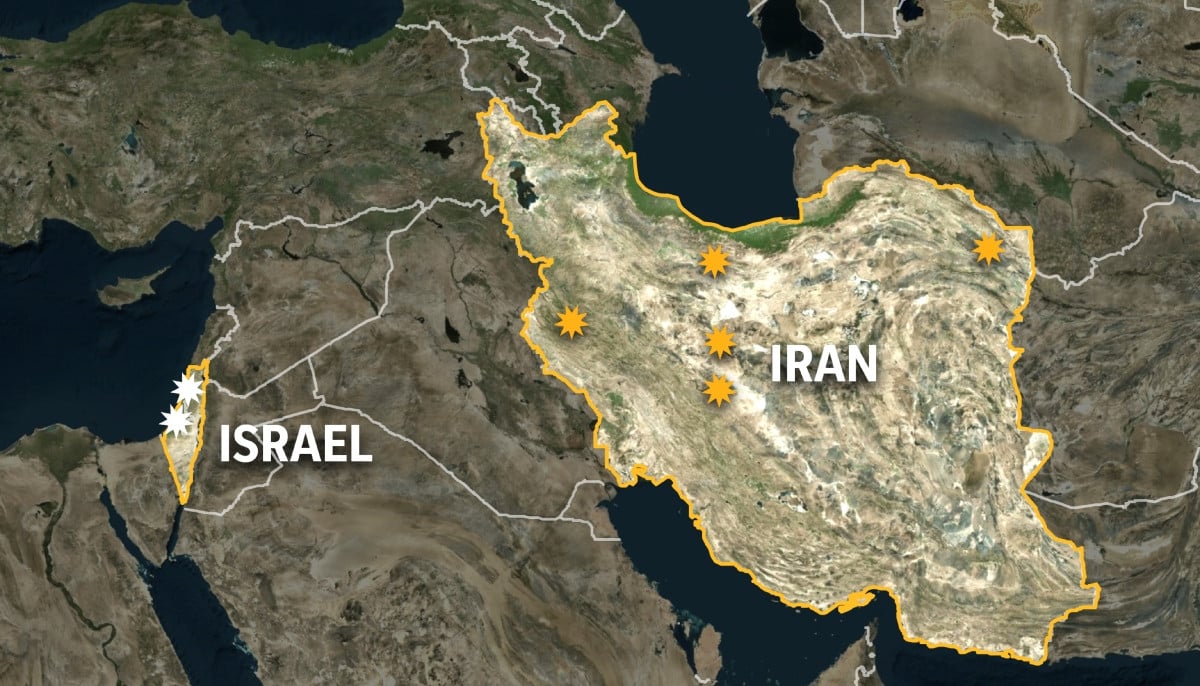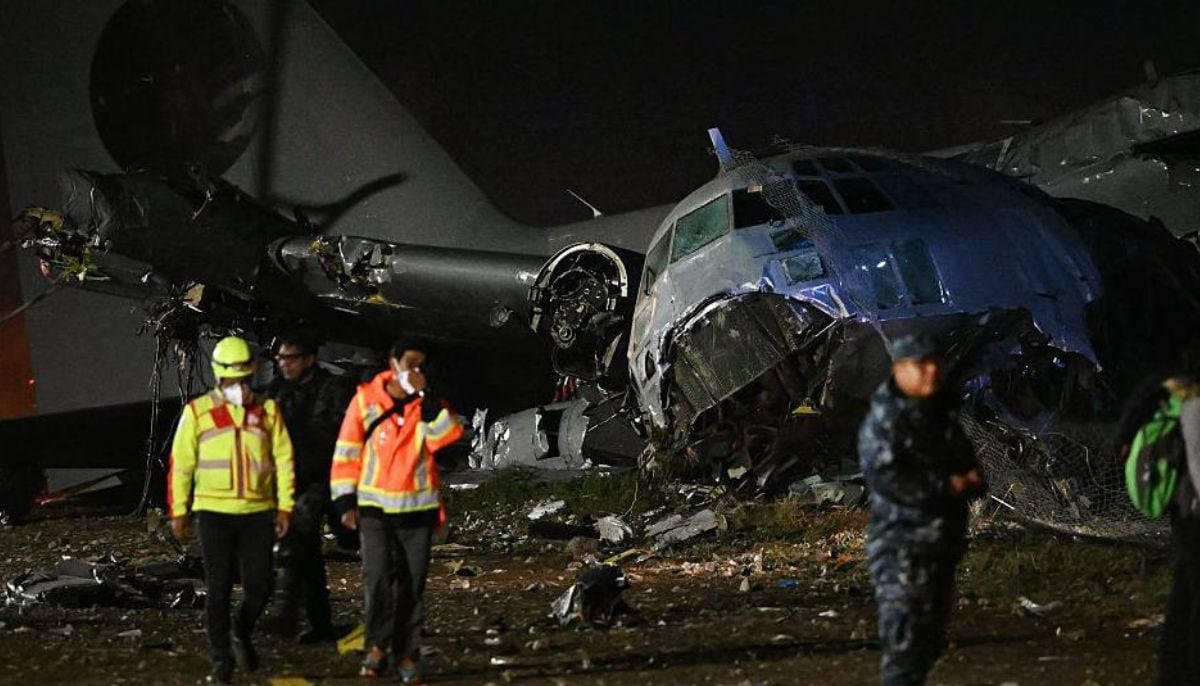Inter-Korea tensions escalate as Seoul warns North Korea over nuclear threats
US nuclear submarine visit to port of Busan deemed defensive response to North Korea's nuclear threats
Tensions between South and North Korea have escalated, with Pyongyang threatening nuclear retaliation in response to the increasing US military presence on the peninsula.
Seoul responded firmly, conveying to North Korea that any nuclear attack on the alliance would be met with an immediate, overwhelming, and decisive response, signifying the potential end of North Korean leader Kim Jong Un's regime.
The latest trigger for tensions was the port visit of a US nuclear-capable submarine to Busan, the first since 1981, which North Korea's defence minister warned could violate the legal threshold for the North to utilise its nuclear weapons.
Last year, North Korea adopted a comprehensive nuclear law outlining various scenarios in which it might use its nuclear arsenal, including pre-emptive nuclear strikes if threatened.
South Korea and the US have made it clear that they view any nuclear attack on the alliance as a grave threat, necessitating a forceful response. The submarine's port visit was deemed a legitimate defensive response to North Korea's ongoing nuclear threats.
South Korean President Yoon Suk Yeol and US President Joe Biden previously issued stern warnings to Pyongyang about the dire consequences of using nuclear weapons.
In a separate incident, an American soldier, Travis King, is believed to be in North Korean custody after crossing the border during a tourist trip to the Demilitarized Zone. North Korea has a history of detaining Americans as a bargaining tool in bilateral relations.
Kim Jong Un declared last year that North Korea's status as a nuclear power is "irreversible," making denuclearization talks unlikely.
The ambiguous language in North Korea's new nuclear law has raised concerns, as it could potentially justify nuclear use even in response to conventional attacks.
North Korea's adoption of the Nuclear Forces Policy Act, which includes illegal preemptive strikes, distinguishes it from other nations. The country continues to conduct preemptive strike drills and issue nuclear strike threats against the Seoul-Washington alliance.
In an effort to bolster their joint response to any nuclear attack by North Korea, Washington and Seoul held their first Nuclear Consultative Group meeting in Seoul.
The situation remains highly sensitive, with both sides posturing and issuing stern warnings. Regional stability hinges on diplomatic efforts to de-escalate tensions and find a path towards a peaceful resolution.
-
Savannah Guthrie speculations 'sadly' coming true about mother Nancy
-
Trump administration warns of slow payouts for tariff refunds amid intensifying trade disputes
-
‘I saw nothing’: Bill Clinton denies knowledge of Epstein’s crimes in House testimony
-
Israel launches attack on Iran's capital and declares state of emergency
-
At least 15 dead after military plane carrying new banknotes plunges out of control in Bolivia
-
Daniel Serafini gets life without parole in in-laws murder and attempted murder case
-
Nakiska Ski Area avalanche leaves youth unresponsive, second skier escapes unhurt
-
Igor Komarov missing in Bali: Seven foreign suspects arrested in kidnapping probe
